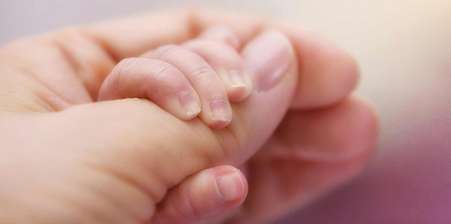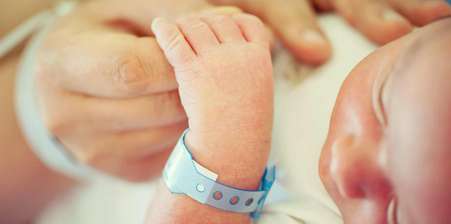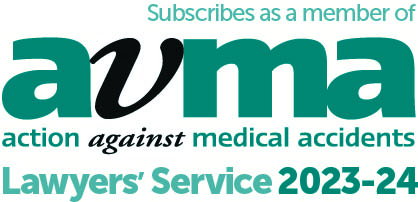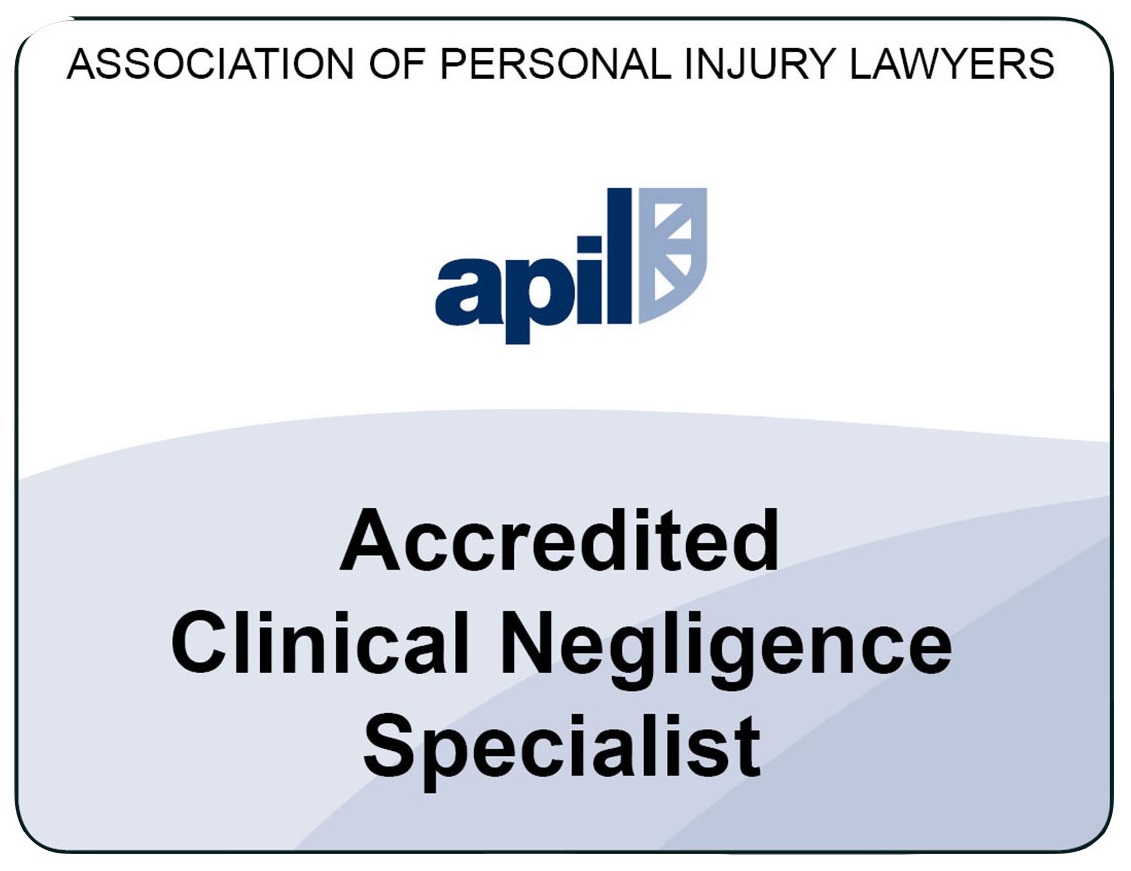Midwife negligence claims
If there was a problem before or during your baby’s birth and you think the problem was caused by midwife negligence, you might have a claim for compensation.

Midwife negligence claims: Expert medical negligence solicitors
Midwives are normally the first port of call for pregnant women who are worried there might be a problem with their baby. Midwives are trained to recognise anything unusual during your pregnancy and labour. If there are any signs a potential problem, the midwife should involve a senior practitioner (such as a doctor). Women and their partners trust midwives to look after them, and their unborn child. Sadly, sometimes midwives make mistakes which can have devastating consequences.
If you have any concerns about the care you, or your partner, received from a midwife and think it caused a problem, you might have a claim for compensation. If you give birth in an NHS hospital or facility and make a claim for midwife negligence, your claim is against the hospital Trust. The Trust is ultimately responsible for your care. Your claim is not against the midwife personally. It is the Trust’s responsibility ensure your care is up to standard and that midwives have the resources, and training, to keep mothers and their babies safe.
No win, no fee
We work on a no win, no fee basis, so there’s no need to worry about costs. Plus, our specialist solicitors provide an initial free assessment of your claim.
Examples of potential midwife negligence cases:
- failing to notice a potential problem during pregnancy
- turning women away from hospital/care units after they report potentially dangerous symptoms e.g. in cases of placental abruption or uterine rupture
- failing to properly monitor the baby’s heart rate during labour and/or recognise that the baby is distressed. This can be particularly serious situation as it may delay delivery via caesarean section
- failure to detect which stage of labour a mother is in, and offer appropriate care
-
after the birth, failing to diagnose / treat signs of infection or jaundice in the baby
- maternal pressure sores
- lack of communication between midwives and parents, or between midwives and other healthcare professionals.
- Medication errors. NRS Resolution has published an information leaflet relating to medication errors in Maternity care highlighting that the most common cause of medication errors in maternity claims include: administration error, prescribing error, wrong dose administration, medication contraindicate and delay or inappropriate omission.
Our experience in midwife negligence cases
Midwife negligence can have serious consequences for mother and child. The most severe cases can involve brain damage to babies and, tragically, stillbirth or the baby’s death shortly after birth. Even if the baby is healthy, negligence can cause birth injuries to mothers. Depression, post-traumatic stress disorder and life-changing physical issues (such as incontinence) can seriously impact the mother’s life. Occasionally, the mother may die. Our leading birth injury claims solicitors have a great deal of experience helping parents through complex midwife negligence cases. We understand the practical, emotional and financial implications a serious birth injury can cause.
A successful claim can provide:
- financial security for your child’s future and adult life
- funding for current care requirements
- care for your child in your old age, or following your death
- compensation for your loss of earnings
- compensation for your pain and suffering
- funding for specialist therapy, counselling and other care you might need
- closure about what happened during your pregnancy and care, and even an apology from those responsible for your care.
We’re here to help
Come in for a free, confidential, no obligation chat, or fill out our enquiry form and we will let you know how we can help. We can also visit you at home if you wish.
Our medical negligence lawyers are based in:
- Cambridgeshire: Cambridge
- Essex: Brentwood, Chelmsford and Saffron Walden
- Hertfordshire: Bishop's Stortford and Royston
But we can help you wherever you are in England and Wales.
Midwife negligence FAQ's
If sub-standard treatment is received during pregnancy, due to the actions or inactions of a midwife, it may be possible to bring a claim against the hospital employing the midwife or the individual midwife.
Some common examples of midwife negligence claims involve the following conditions:
- Ectopic pregnancy – i.e. those which take place outside the womb (most commonly in the fallopian tube). They are always terminal for the baby.
- Maternal diabetes – this condition must be recognised and treated quickly to prevent potential serious damage, including miscarriages or birth defects (such as damage to the baby’s heart or brain).
- Erb’s Palsy – i.e. serious nerve damage caused when a baby’s shoulders get stuck during birth. This can lead to long-term disabilities for the baby.
- Cerebral Palsy – i.e. a baby suffers a brain injury (either due to lack of oxygen, infection or through a head injury) during birth. This results in disabilities associated with movement control and intellectual capability.
- Congenital Hip Dysplasia – i.e. the baby’s hip joint develops in a way that results in the thigh bone becoming unsecure in its socket.
Midwives are usually responsible for care for 10 – 28 days after birth. If the baby is healthy, care is normally provided for 10 – 14 days. Midwifes now work within a variety of locations, including within hospitals, GP surgeries and can also make home visits.
Related articles
-

Medical negligence
Case study: Life changing settlement for boy born with cerebral palsy due to midwife negligence
8 min read -

Medical negligence
Admission of liability for parents following death of 2 hour old baby in birth medical negligence case
7 min read -

Medical negligence
£575,000 pre-trial settlement for child left with cerebral palsy as a result of poor management during labour
7 min read
You may also be interested in
We understand your situation and our expert team are here to help







